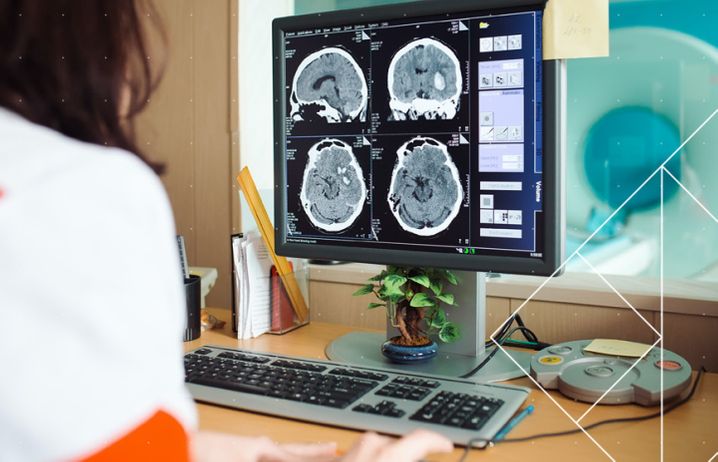Data science and analytics
Why we use and analyse health data
With the rise of digital technologies, there are more data available than ever before. Healthcare is no exception. And not only are there more data, but they are coming from different places. Alongside the more traditional sources such as government, healthcare systems and academia, data are being churned out from medical devices, wearables, mobile apps and websites.
Generating meaningful insights from these increasingly complex data requires linking up and consolidating them, transforming this valuable resource into useful information that can improve healthcare and inform policy, both locally and globally.
Our work in this area aims to enhance patient care through more effective use of health data. Facilitated by our Big Data and Analytical Unit (BDAU), our strategic hub that gathers, houses, interprets, and analyses health datasets, we strive to make impactful discoveries about both individual people and whole populations. It also ensures that the data is stored and managed appropriately, in compliance with data protection regulations.
Highlights from our health data and advanced analytics work
Working with community members to set data analysis priorities
In partnership with Imperial College Health Partners and Imperial researchers, we’ve been funded as one of five Networked Data Labs across the UK. This initiative brings together analytical teams from across the UK to address health inequities. Our North West London team uses Discover-NOW, a depersonalised, linked dataset covering primary and secondary care, mental health and social services. We use this data to answer key research priorities for health and care since COVID-19, raised by local communities.
We are working with diverse people from North West London, with a focus on seldom heard groups, to establish their priorities across three key themes:
- Impact of COVID-19 on people who are shielding
- Children and young people’s mental health
- Social services
The national reach of this program, combined with its priority-setting at the local level, makes it uniquely positioned to inform decision-making and influence policy.
Boosting vaccine uptake
Coronavirus vaccine uptake in the UK has varied across the country and by certain demographic characteristics, particularly age and ethnicity. To encourage people to get the jab, a national NHS text message service was introduced to invite eligible individuals to book a vaccine appointment. Our research is investigating the most effective text message strategy to inform local, regional and national practice.
We tested the impact of two different text messages on COVID-19 vaccine uptake for 18-49-year-olds in the Central London Clinical Commissioning Group (CCG), which at the time experienced the lowest rates of uptake nationally. We also ran a second study for people aged 50+ residing in the same area, to whom we sent a behavioural insight-informed letter invitation so that we could measure and compare uptake with neighbouring CCGs.
The results of these studies, which are undergoing analysis, will help inform future SMS message content to invite individuals for future COVID-19 vaccination rounds.




